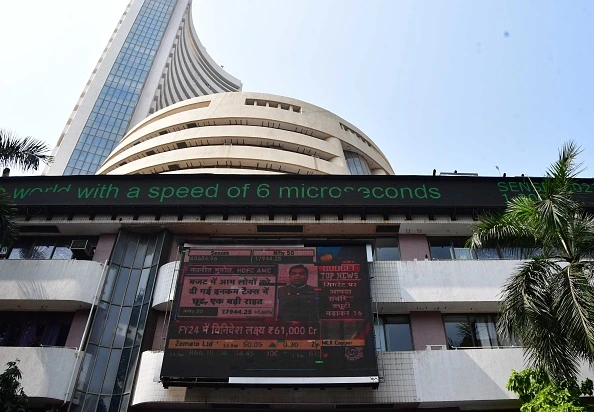
India, now the world’s most populous country according to the UN, continues to be a focal point of economic interest and potential as its GDP continues to climb. With its diverse landscape and dynamic industries, India’s economic growth is heavily influenced by the performance of its cities.

Moody’s estimates it to be the fastest-growing G20 economy over the next few years, but which in particular are driving that growth?
Mumbai – financial capital: GDP $310bn
Mumbai, the cosmopolitan metropolis on the western coast, remains the undisputed financial capital of India. Its GDP growth for India has been fuelled by a robust financial services sector, which houses the Reserve Bank of India and the country’s major stock exchanges. The city’s role as a major port facilitates significant trade activities, while the Bollywood film industry contributes to its vibrant entertainment economy. Mumbai’s ability to attract foreign investments and its diverse pool of skilled professionals further solidify its position at the top.
Delhi – political centre: GDP $293.6bn
India’s capital city, New Delhi, is not only a political hub but also a significant economic player. Delhi has witnessed consistent growth owing to its government machinery and administrative functions. The city’s strategic location and connectivity have spurred trade and commerce, while its services sector, including IT and professional services, has contributed substantially to its economic expansion. The development of satellite cities like Gurugram and Noida has further amplified Delhi’s economic impact.
Bengaluru – Silicon Valley of India: GDP $110bn
Bengaluru, often hailed as the Silicon Valley of India, boasts a flourishing IT industry and a burgeoning start-up ecosystem, as well as being one of the fastest-growing cities in India. The city’s technology and innovation-driven economy have been instrumental in propelling India’s digital transformation through GDP. Renowned for its educational institutions, Bengaluru attracts a steady influx of skilled talent, both domestically and internationally. This influx, combined with a supportive entrepreneurial environment, has led to the city’s prominent position in India’s economic landscape.
Chennai – a manufacturing hub: GDP $78.6bn
Chennai, located in the southern state of Tamil Nadu, is a major manufacturing and industrial hub. Chennai’s economic growth is powered by its automotive and manufacturing sectors. The city’s port facilitates extensive trade and commerce, further augmenting its economic significance. Additionally, Chennai has a growing IT and BPO sector, diversifying its economic base and contributing to sustained growth.
Hyderabad – pharma and IT: GDP $75.2bn
Hyderabad has emerged as a key player in both the pharmaceutical and IT industries. The city’s pharma sector houses major pharmaceutical companies and vaccine manufacturers, playing a critical role in India’s healthcare ecosystem. Hyderabad’s IT sector, driven by software development and services, continues to attract significant investments and boosts to its GDP. The establishment of information technology parks and a flourishing startup culture has further bolstered the city’s economic prowess.
Ahmedabad – commercial centre: GDP $68bn
Ahmedabad, in the western state of Gujarat, is a prominent commercial and industrial centre. Ahmedabad’s economic growth is powered by its thriving textile, chemicals, and machinery manufacturing sectors. The city’s strategic location, well-connected ports, and business-friendly policies have attracted substantial investment, contributing to its sustained economic expansion.
[Read more: Why Indian cities are still struggling with their need for clean water]






